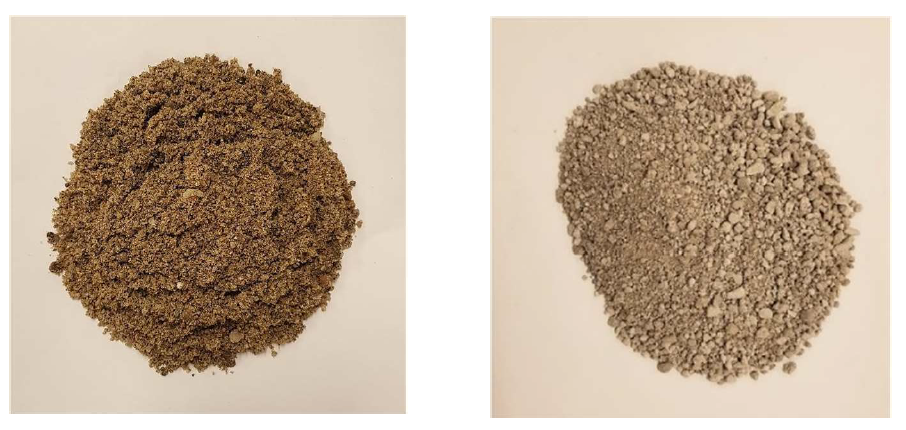Sheikh Hamza Rizwan, Salah Sarhat, M. Gibran Mirza, Bennett Banting and Mark Green
Sheikh Hamza Rizwan, Rizwan, Sheikh Hamza1; Sarhat, Salah2; Mirza, M. Gibran3; Banting, Bennett4 and Green, Mark5
Salah Sarhat, Construction Engineering Specialist, Bridging North America, Windsor, ON, Canada, 19shr1@queensu.ca
M. Gibran Mirza, Department of Civil & Mechanical Engineering, Purdue University, Fort Wayne, IN, USA, ssarhat@pfw.edu
Bennett Banting, Department of Civil Engineering, Queen’s University, Kingston, ON, Canada mirza.m@queensu.ca
Mark Green, Director of Technical Services, Canada Masonry Design Centre, 360 Superior Blvd., Mississauga, ON, Canada
ABSTRACT
Increased demand for natural aggregate exploits natural resources and has adverse environmental impacts. One solution to address the growing construction waste challenge is adopting large-scale recycling of concrete waste into aggregates. The use of coarse recycled aggregates in masonry blocks is a well-studied topic; however, little attention has been directed to study the use of fine recycled aggregates (FRCA) in masonry blocks. Concrete blocks are manufactured in a controlled environment that produces wastes in the form of culled or broken blocks. The controlled nature of
this process makes concrete block masonry an ideal industry to adopt FRCA, given that a consistent source of materials can be gathered from block manufacturing plants. Research has been
conducted on hollow concrete blocks produced with FRCA from wastes accumulated at block production facilities and culled blocks that are not fit for use. The FRCA obtained from block manufacturers was used to replace natural sand with proportions of 10%, 25%, 50%, 75%, and 100% by volume of aggregates in prototype blocks manufactured to replicate a production facility. The results indicated that there is no adverse impact on compressive strength by using FRCA in blocks. However, a gradual reduction in density and an increase in water absorption were observed with the increase of FRCA amount in the mix. Having the mix done in a factory, with actual infrastructure and machinery of a block manufacturing plant, would likely result in even higher strength blocks.
KEYWORDS: recycled concrete aggregates, culled blocks, masonry blocks, sustainability



